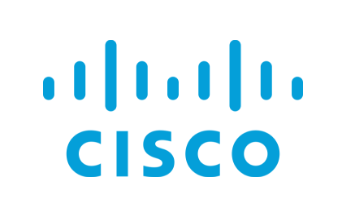Today, networks are designed to meet a broad range of expectations and deliver an ever expanding range of services. In order to facilitate and manage this breadth of capabilities, unique, highly specialized networks are developed to meet these needs. It is not always feasible to practically build these networks due to their level of complexity. In these cases, network simulation solutions are used to model, test, and validate network design and management.
Network simulation solutions digitally create a network, thereby enabling developers to test and try out strategies or different configurations. In a virtual, isolated environment, network simulators can act as a sandbox and allow for the identification and subsequent analysis of potential problems, without impacting the wider network.
Network simulation solutions are an economical and efficient way to test network setups, routing algorithms, and policies before they’re applied in the real world. Not only does it help to save resources, but it prevents potential network failures and downtime in real, operational situations. These simulations can also act as an isolated environment for education purposes; IT students and trainees can experiment and learn without the risk of affecting active network infrastructure or traffic.
This type of solution is used to optimize networks, evaluate the impact of scaling, and creating playbooks to prepare for potential security threats. Network architects and engineers can intricately model their networks, experimenting with different variables to find the optimal configuration, all while ensuring robust security and high-performance metrics.
These solutions vary widely in terms of user interface, use-case, supported protocols, and scalability. In this article we’ve compiled some of the best solutions available on the market. Each listing contains a deep dive into the features and benefits of the product; we will consider factors like scalability, performance, security, and customer support.










